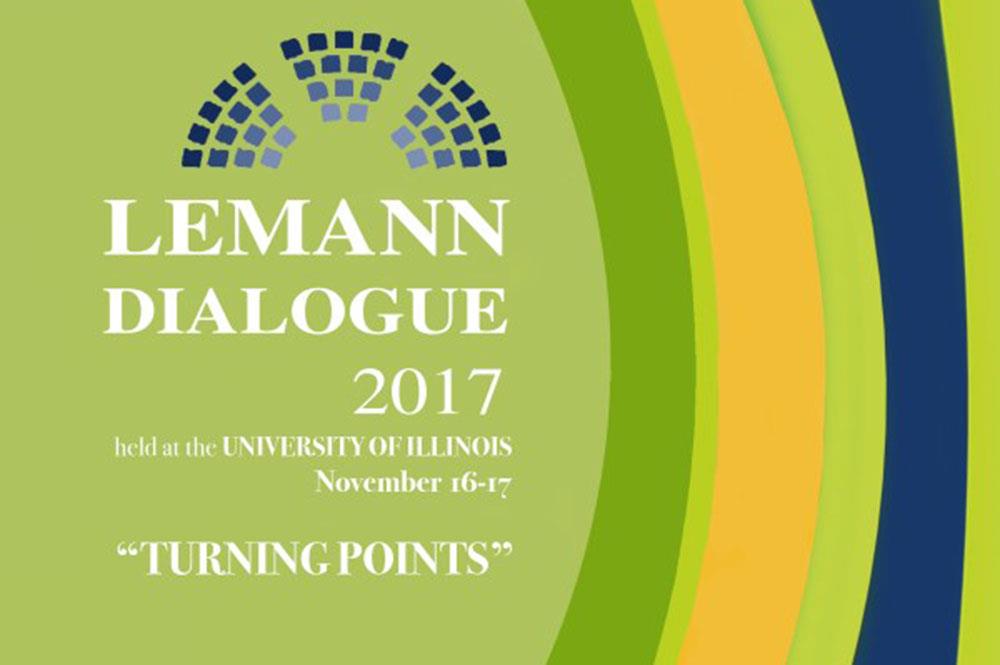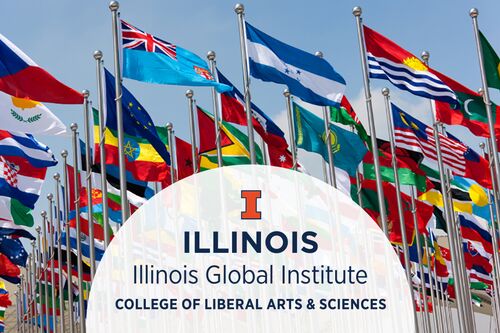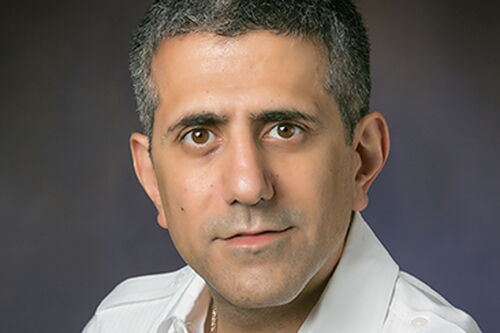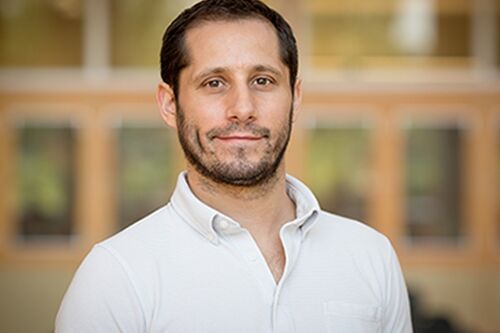A turning point for Brazil

With the nation of Brazil facing political strife and a deep economic recession, public figures and scholars from the South American nation—along with scholars and policy experts from Europe and the United States—will gather at Illinois to discuss turning points that could help the nation regain its once strong footing.
On Nov. 16-17, the U of I, which has a long history of partnerships with Brazil, will host the 2017 Lemann Dialogue, an annual convention (with this year’s title being “Turning Points”) that focuses on the country's contemporary social, economic, and political challenges. This year’s keynote speaker is a Brazilian senator and past presidential candidate, Cristovam Buarque.
Other participants include the president of Brazil’s national public health institute, who has led groundbreaking work in combatting HIV and the Zika epidemic, the heads of Brazillian civil service schools, and an Illinois alumnus, Alexandre Tombini (MS, ’88; PhD, ’91; economics), the past governor of the Central Bank of Brazil and an executive director with the International Monetary Fund.
The Lemann Dialogue is organized by the Illinois Lemann Institute for Brazilian Studies in collaboration with Brazilian studies programs at Harvard, Columbia, and Stanford universities. All have received funding from Jorge Paulo Lemann, who provided $14 million to Illinois in 2009 to establish the institute.
Speakers at the conference will also include contributors from the four collaborating U.S. universities, including Illinois. According to Jerry Dávila, the Jorge Paulo Lemann Chair in Brazilian History and director of the Lemann Institute for Brazilian Studies, this year’s conference is particularly relevant.
“Until recently considered a model for the Global South in its growth and its social welfare policies, Brazil is experiencing a harsh reversal of fortune,” Dávila said. “The president has been impeached, the economy is in deep recession, and many politicians face corruption charges.”
Illinois research and teaching connections with Brazil run deep. Faculty and students from the liberal arts, agriculture, business, engineering, education, community health, and other fields maintain academic ties with the South American nation.
According to Dávila, Illinois faculty are engaged in more than 90 research collaborations with dozens of higher education institutions and research institutes in Brazil, ranging from post-harvest soybean loss to the effect of natural fungicides on common trees, music and its relation to the landscape, language acquisition, vulnerable youth, biofuel mandates, tourism, and politics.
The Illinois model is “a very unusual footprint for Brazilian studies (at a U.S. university), which frequently takes place in only a handful of humanities and social sciences,” Dávila told the Illinois News Bureau in 2016. “It reflects the kind of extraordinary breadth that this kind of land grant university provides.”
The Lemann Institute was established in 2010, but the relationship between Brazil and Illinois reaches back to the early 1890s, when Eugene Davenport, who would become Illinois’ first dean of agriculture, went to São Paulo and advised coffee planter Luiz de Queiroz on establishing Brazil’s first school of agriculture.








